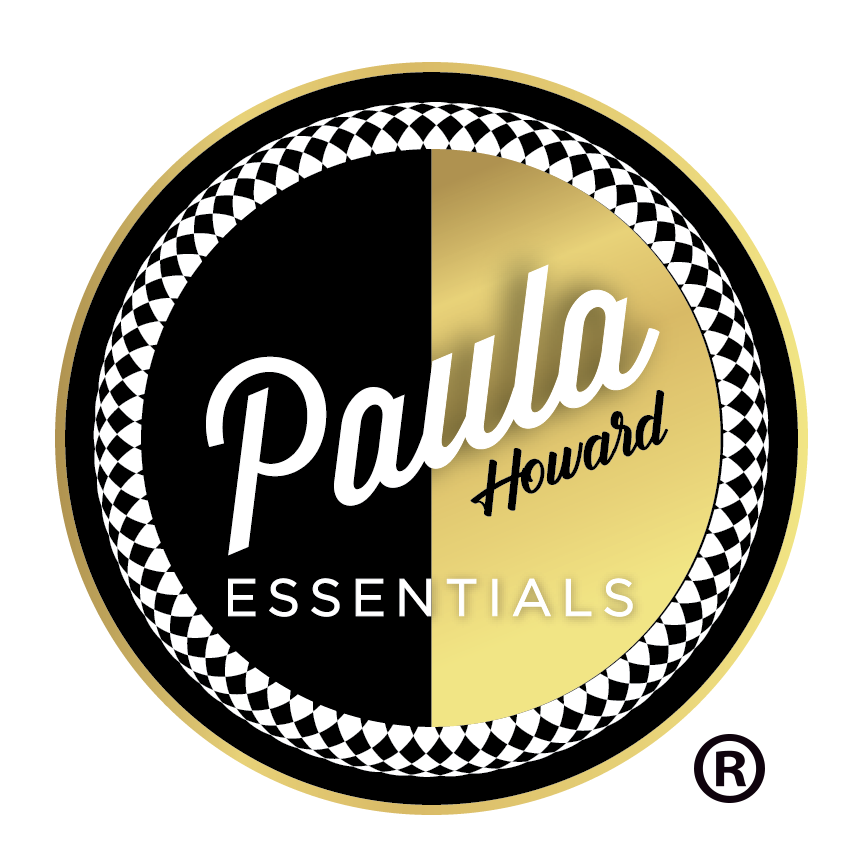What are Essential Oils and How to Use Them
Scent evokes memories. A particular scent may remind you of a deceased loved one, a special event, or a favorite food or activity. Scent informs us on a visceral level: a burning cake, freshly mowed hay, a leaking engine, fear, desire for physical intimacy. Scents may excite or soothe. For perfumers, essential oils may be considered as the distillation of a plant’s olfactory essence, its scent concentrated into a form that can be used and manipulated to enhance our lives.
What are essential oils used for?
Essential oils do more than just smell good. Chefs, therapists, spas, healthcare professionals, and perfumers use essential oils for a vast array of purposes. A chef uses these concentrated plant extracts, such as vanilla extract, to add flavor to the food they cook.
Therapists, spas, and health professionals use essential oils to treat various ailments and discomforts. They may be used to ease stress, enhance digestion, relieve indigestion, soothe skin irritations, clear stuffed-up sinuses, and kill bacteria.
Perfumers prize essential oils for their scents and the moods those scents inspire. Some oils may be strongly scented and can easily overpower other fragrances with which they are blended for a layered effect. Just like a sommelier can taste notes of fruit, nuts, and even grass, leather, oak, or smoke in wine, so too can a perfumer discern the different scents within a fragrance.
How to use essential oils
Essential oils are key components in topical applications, ingested comestibles, and aromatherapy. Aromatherapy generally uses essential oils in diffusers to waft relaxing scents that ease stress from one’s mind and body. As topical applications, essential oils appear in many products for skin and hair, including perfumes.
When using highly concentrated and powerful essential oils, dilution is usually necessary for safe use. According to WebMD, “[j]ust because it’s from a plant doesn’t mean it’s safe to rub on your skin, or breathe, or eat, even if it’s ‘pure.’”
Use essential oils with care. Excessive amounts of an essential oil may burn, cause organ damage, or even cause seizures. Some essential oils which are fine to rub on your arms or legs may prove caustic when applied to more delicate skin, such as that around the eyes, mouth, nose, or genitals. Some oils safe for one type of use are not necessarily safe to use in other ways. For instance, cumin oil can be safely ingested, but not applied to the skin.
When it comes to using essential oils, use them sparingly—just a few drops—as follows:
Diffuse them. Diffusing disperses tiny oil particles into the air so you can breathe them in.
Apply them directly to the skin. Dilute the oil first, perhaps in a carrier oil such as coconut or jojoba oil, to avoid irritating the skin.
How will these fragrant oils enhance your life?

